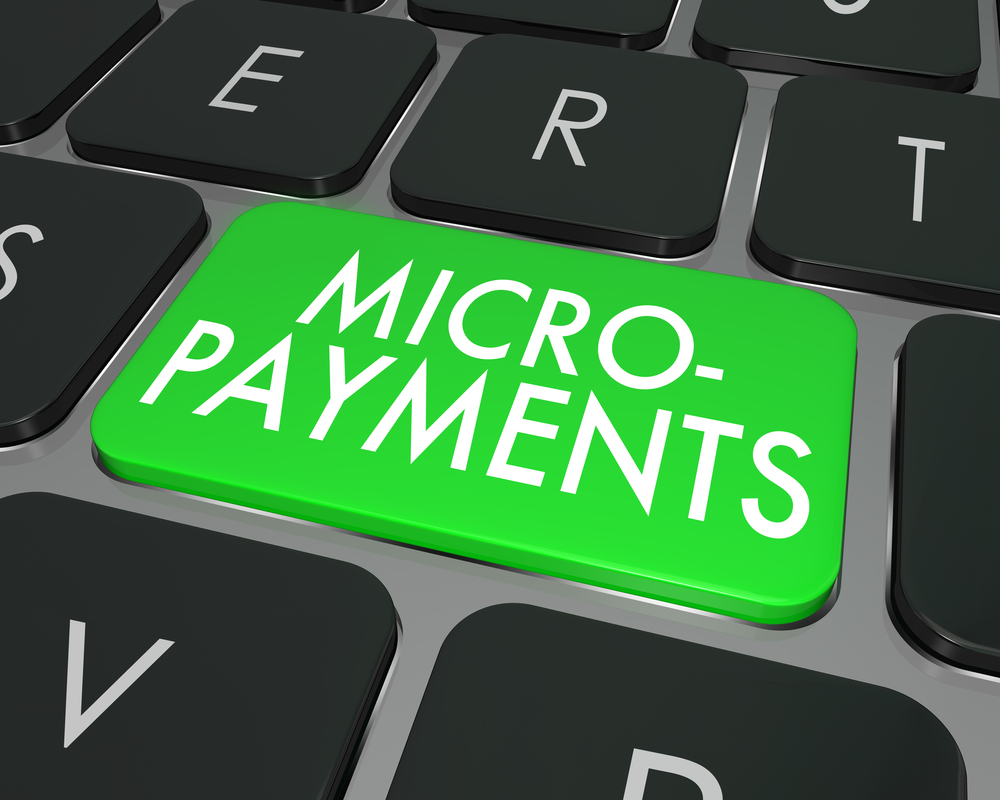It took a very short time for the price of bitcoin to skyrocket to the stratosphere, and because of its high price, many have criticized bitcoin (BTC-USD) for being unable to process small payments. Even bitcoin cash (BCH-USD), originally touted to be the small payment alternative to bitcoin, has become too expensive in many people’s view to facilitate micropayments.
Japanese Cryptocurrency-Backed Loan Experiment May Change The Course Of Banking
The Knezic Revolution
This could soon change after a Swiss coder developed a candy dispenser called the Knezic candy dispenser that only accepts bitcoin as the method of payment. Accompanying the small device is an online platform that feeds it with information on upcoming blockchain transactions. After getting the information from blockchain.info, it will proceed to dispense the exact amount of candies that have been paid for.
The Knezic candy dispenser is operated using a USB that is powered by Arduino Micro. Arduino Micro is a microcontroller produced by the Arduino open-source computer hardware and software project from Italy.
There are still areas that need to be worked on if the envisioned purpose is to be achieved. Despite being able to successfully complete the payment, some areas, such as time taken to process transactions and the transaction fee itself need to be ironed out. The inventor of the device acknowledged this weakness but said the system he developed was only meant to demonstrate that bitcoin can be integrated into daily payments. He said he will be working to transform his innovation by developing a more advanced method that will be powered by the Bitcoin Lightning Network.
Could this be a game changer?
Many have termed the Lightning Network as the savior of the Bitcoin network. This second-layer solution is powered by Lightning Labs and is seen as the solution to many of the challenges that are currently facing cryptocurrency.
In March this year, Chubu Electric Power Co. from Japan managed to integrate Lightning-powered payments for charging customers with electric cars. At the time, Hideshiro Ichikawa, a senior manager at Chubu Electric Power Co, said that blockchain and IoT applications require real-time payments. He added that they managed to use second layer solutions to facilitate payments.
At the same time, Lightning Labs launched the beta version of the Lightning Network Daemon (LND). The software behind this network makes it much easier for developers to access and use the second-layer protocol.
